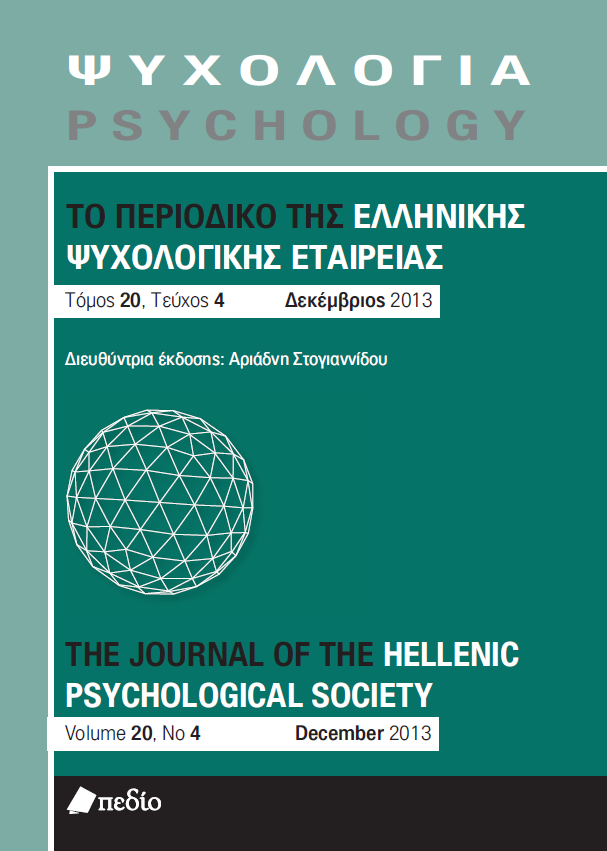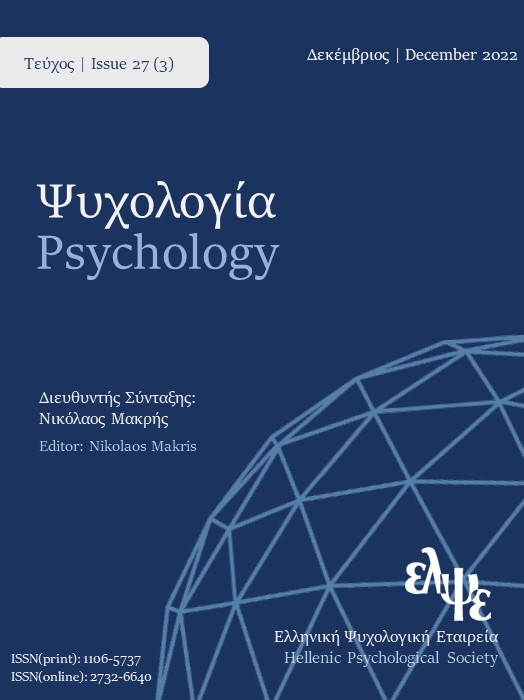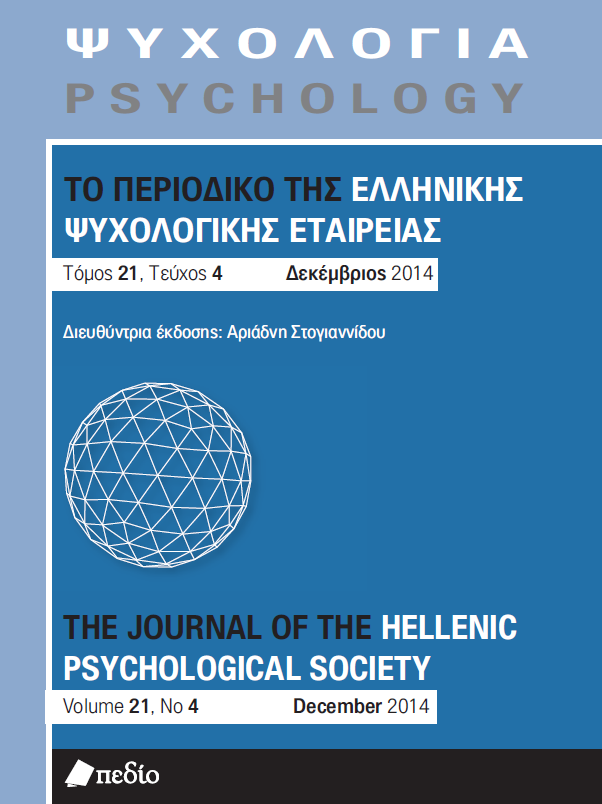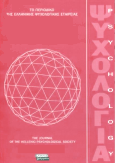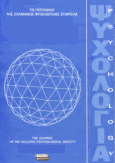The emergence of xenophobic self within the contemporary Greek social experience: Findings based on focus groups
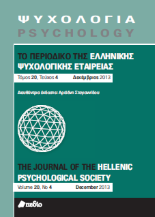
Abstract
The present paper provides a theoretical discussion of the qualitative findings generated by 14 focus groups conducted as a means to study phenomena of xenophobia and racism, individual and collective reactions of host majority members towards immigrants under the contemporary conditions of economic crisis that the country is facing.
The focus groups were organized in order to examine how these social and economic conditions shape the ways host majority members and immigrants coexist, their daily experiences, the type and quality of
intergroup relations. Content analysis was focused on the host society members’ lines of arguments, beliefs and perceptions that they developed on issues related to immigrants and immigration. The analysis revealed four different themes; a) xenophobia as negation and rejection of the foreigners, b) xenophobia as a reaction that derives from the idea of the “indigenous citizen” who is entitled to his/her resources, c) xenophobia as an ambivalent reaction, and d) the political production of xenophobia. The contemporary conditions of the country characterized by structural violence contribute in the emergence of a new type struggling xenophobic self as a generator of a negative dialectic relationship between an individual xenophobic reaction and a
collective one.
Article Details
- How to Cite
-
Ζήση Α., Χτουρής Σ., Χίου Μ., & Ρενταρή Μ. (2020). The emergence of xenophobic self within the contemporary Greek social experience: Findings based on focus groups. Psychology: The Journal of the Hellenic Psychological Society, 20(1), 68–81. https://doi.org/10.12681/psy_hps.23520
- Issue
- Vol. 20 No. 1 (2013)
- Section
- RESEARCH PAPERS

This work is licensed under a Creative Commons Attribution-ShareAlike 4.0 International License.
The journal PSYCHOLOGY adopts a Platinum open-access policy. Submission, processing or publication costs are waived by the Hellenic Psychological Society. Papers published in the journal PSYCHOLOGY are licensed under a 'Creative Commons Attribution-ShareAlike 4.0 International' licence. The authors reserve the copyright of their work and grant the journal the right of its first publication. Third-party licensees are allowed to use the published paper immediately after publication as they wish, provided they retain the defined by the license copyright formalities, regarding the reference to its author(s) and its initial publication in the journal PSYCHOLOGY. Moreover, any adjusted work should be shared under the same reuse rights, so with the same CC license.



